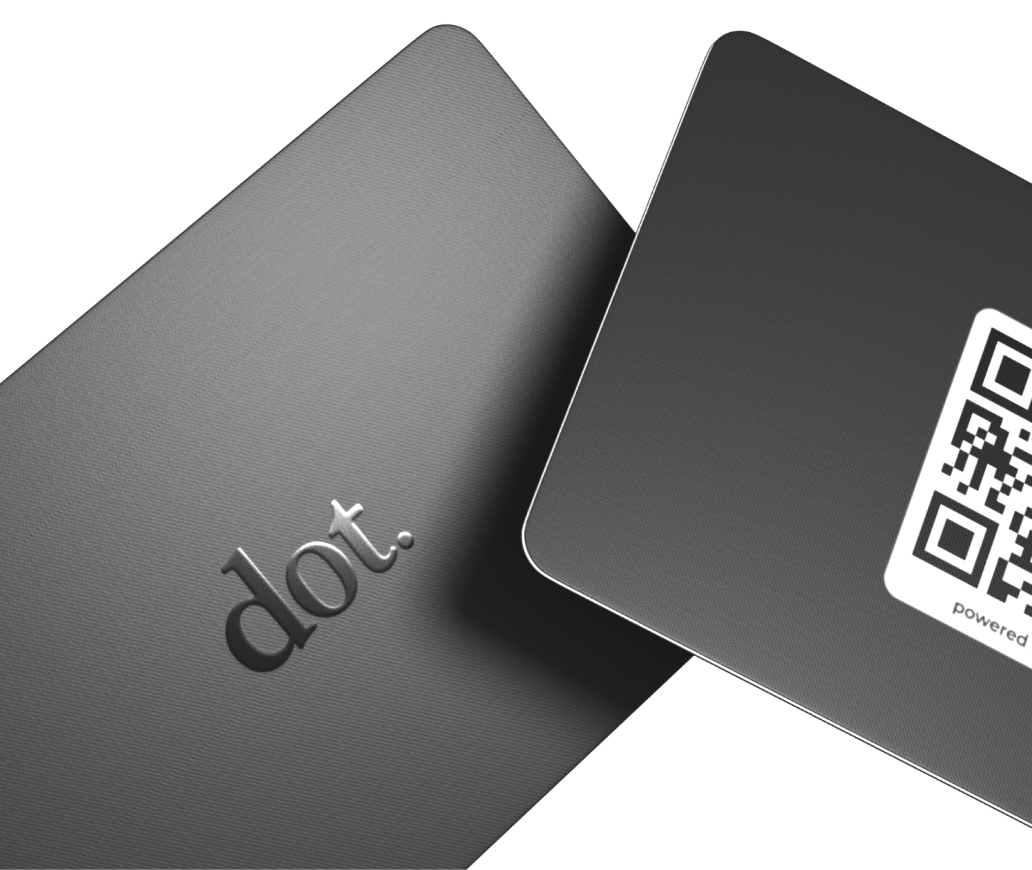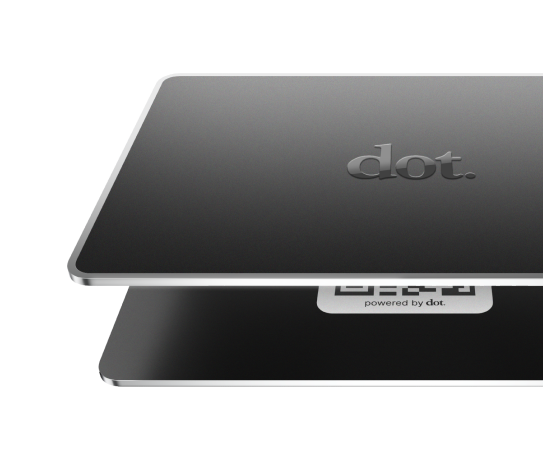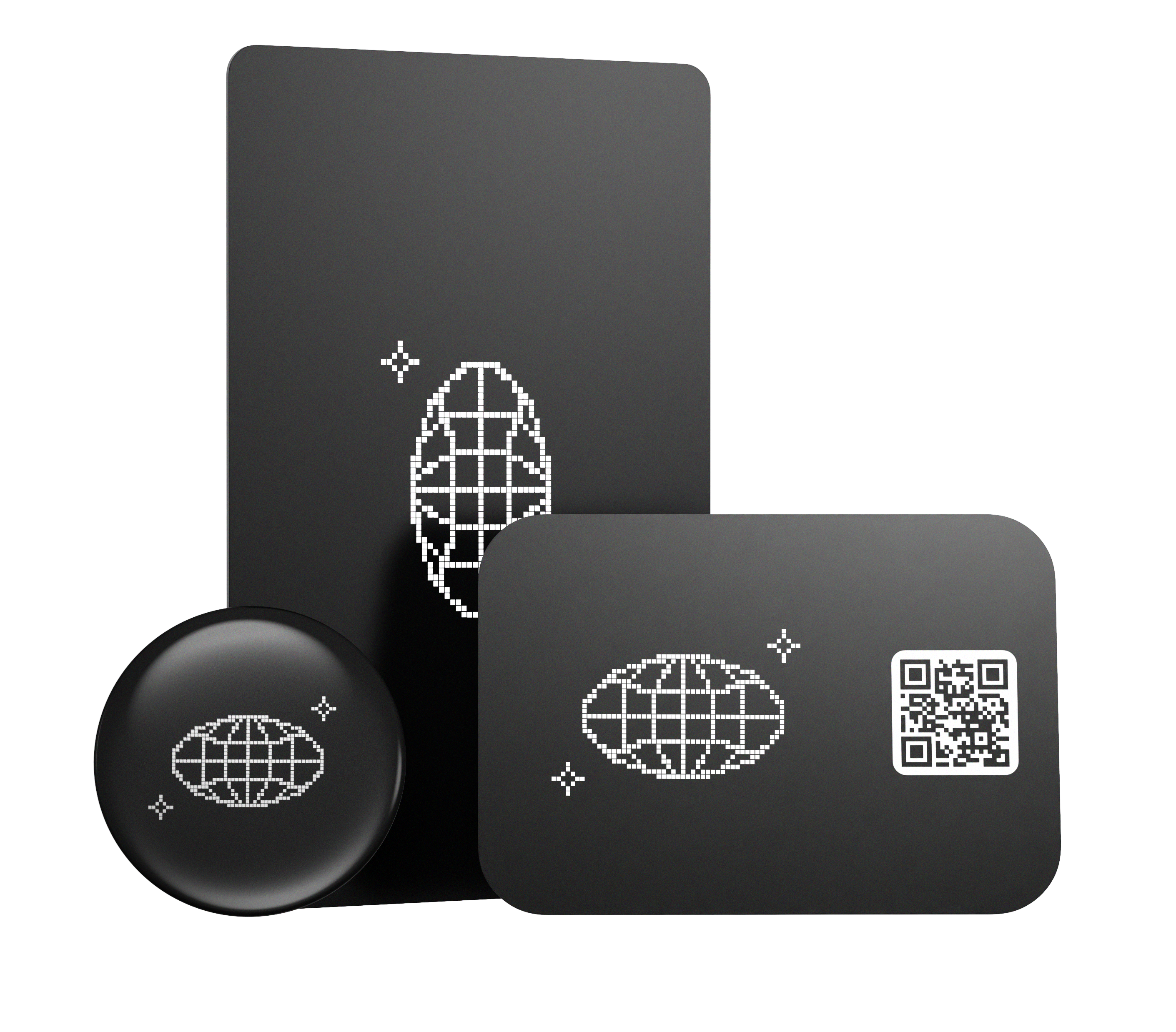In today's rapidly advancing world, technology is constantly shaping the way we do business. From streamlining operations to enhancing communication, emerging technologies are revolutionizing various industries. In this blog post, we will explore some of the most significant emerging technologies that are poised to change how we conduct business.
1. Artificial Intelligence and Machine Learning
- AI and ML can automate repetitive tasks, freeing up human resources for more strategic initiatives
- These technologies can provide businesses with valuable insights from vast amounts of data, leading to better decision-making processes.
Artificial Intelligence (AI) and Machine Learning (ML) are revolutionizing business operations and decision-making processes. With AI-powered algorithms and ML models, businesses can automate tasks, analyze vast amounts of data, and derive valuable insights. AI-driven chatbots, for example, can provide personalized customer service round the clock, enhancing the overall customer experience while reducing the need for human intervention. ML algorithms can also help businesses identify patterns in consumer behavior, enabling them to make data-driven decisions for marketing campaigns and product development. By leveraging AI and ML, businesses can optimize operational efficiency, improve predictive capabilities, and achieve better business outcomes.
2. Blockchain Technology
- Blockchain provides transparency and reduces fraud and errors in financial transactions and supply chain management processes.
- Use of blockchain can increase trust between businesses and their customers, suppliers, and partners.
Blockchain technology, which is essentially a decentralized and transparent digital ledger, has enormous potential to transform various aspects of business operations. One of its most prominent applications is in financial transactions and cryptocurrencies, where it eliminates the need for intermediaries and provides secure, tamper-proof records. However, beyond finance, blockchain can also streamline supply chain management processes by enabling transparent and traceable transactions along the entire supply chain. It can enhance contract verification by providing transparent records of agreements and their modifications. Additionally, blockchain offers a potential solution for protecting intellectual property rights by creating verifiable records of ownership and timestamped proof of creation. By leveraging blockchain technology, businesses can improve trust, security, and efficiency in various areas of operation.
3. Internet of Things (IoT)
- IoT enables businesses to collect real-time data and use it to optimize operations and offers personalized experiences to customers.
- IoT can improve safety in industries by alerting workers to potential hazards and enabling remote workers to communicate in real-time with safety personnel.
The Internet of Things (IoT) refers to a network of interconnected devices embedded with sensors, software, and connectivity capabilities. By enabling the collection and analysis of real-time data, IoT can revolutionize business operations and decision-making processes. In manufacturing, IoT devices can monitor machines, predict maintenance needs, and optimize production workflows, leading to reduced downtime and increased efficiency. In retail, IoT sensors can track inventory levels, monitor customer behavior, and personalize shopping experiences. In agriculture, IoT systems can monitor crop conditions, soil moisture, and weather patterns to optimize irrigation and improve yield. With IoT, businesses can gain valuable insights, automate processes, and drive innovation through data-driven decision-making.
4. Virtual and Augmented Reality
- VR and AR can reduce costs and risks in employee training by simulating real-life scenarios.
- These technologies can provide personalized, immersive experiences to customers, leading to higher engagement levels and increased brand loyalty.
Virtual Reality (VR) and Augmented Reality (AR) technologies are reshaping how businesses engage with customers, employees, and partners. VR creates immersive, computer-generated environments, while AR overlays digital content onto the real world. By leveraging VR and AR, businesses can offer virtual tours, interactive product demonstrations, and virtual training programs. In real estate, VR can allow customers to explore properties remotely, saving time and resources for both buyers and sellers. In healthcare, AR can assist surgeons with real-time visualizations during complicated procedures. VR and AR technologies also have the potential to revolutionize employee training by simulating real-life scenarios, reducing costs, and improving learning outcomes. By embracing VR and AR, businesses can enhance customer engagement, improve productivity, and drive innovation.
5. Digital and NFC Business Cards
- Digital and NFC business cards are eco-friendly and cost-effective, reducing reliance on printed materials.
- These technologies enable instant data transfer, saving time and making business networking more seamless and efficient.
Digital and Near Field Communication (NFC) business cards are transforming the traditional paper-based networking landscape. Digital business cards eliminate the need for physical exchanges and can be easily shared via email, messaging apps, or social media platforms. They are cost-effective and eco-friendly, reducing the reliance on printed materials. NFC business cards, on the other hand, allow for instant data transfer by simply tapping two devices together, making networking experiences more seamless and efficient. By adopting digital and NFC business cards, businesses can streamline their networking efforts, save time, and make lasting connections effortlessly. These technologies also allow for easy updating of contact information, ensuring that business connections stay up-to-date in a rapidly changing digital environment.
In conclusion, the emerging technologies of AI and ML, blockchain, IoT, VR and AR, and digital/NFC business cards have the potential to transform how we do business. By adopting these technologies, businesses can enhance efficiency, improve decision-making, streamline operations, and provide better customer experiences. Embracing these advancements will enable businesses to stay competitive and thrive in the evolving digital landscape.










































